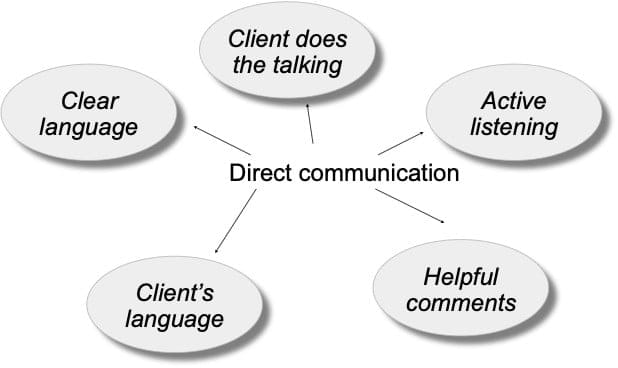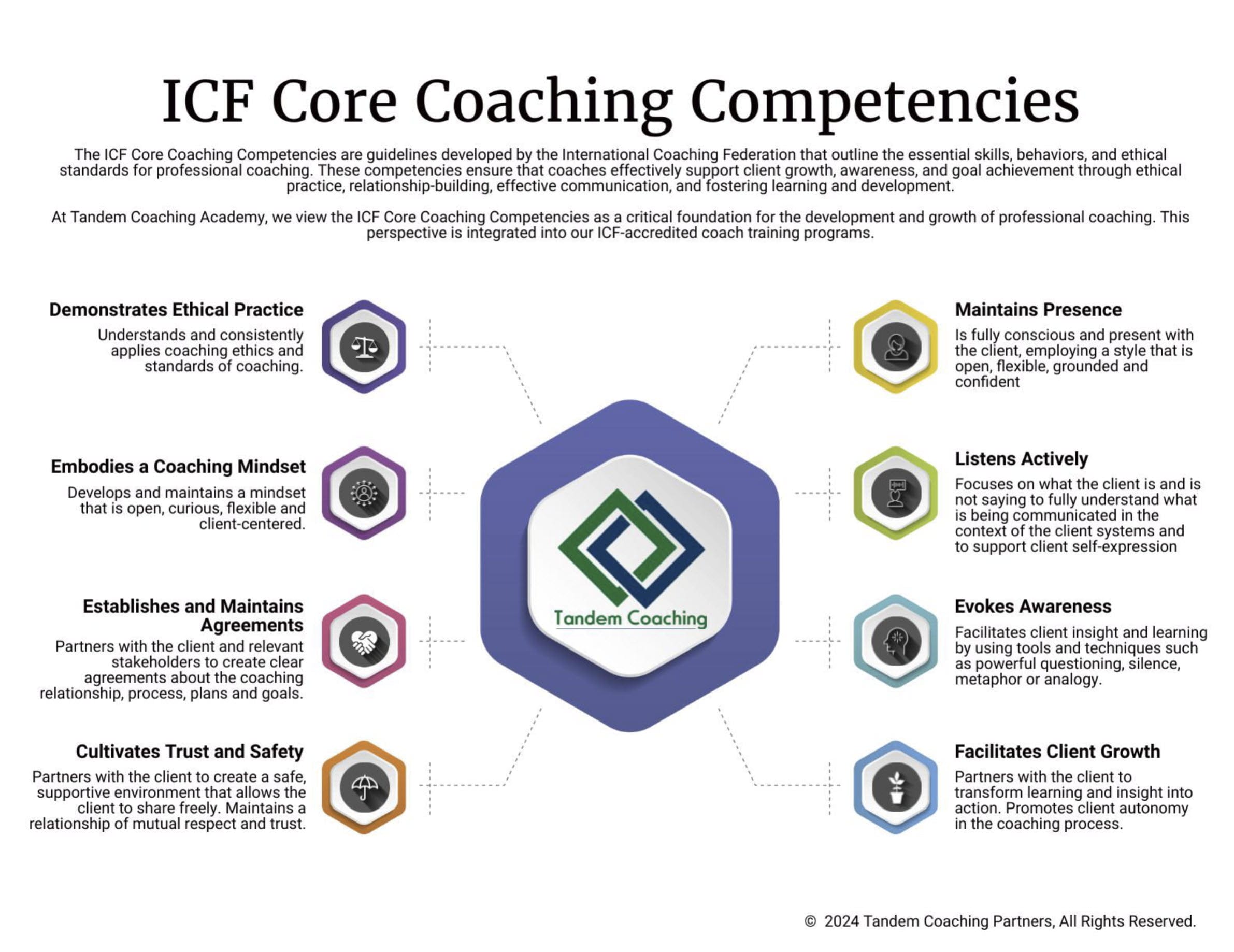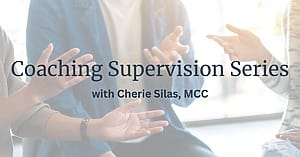Coming up with the right definition of “direct communication” is not a simple task. Here is what I find as a suitable definition, may be not the perfect one :
“Direct communication is speech that conveys clear messages …. Direct communication may be used when there is no room for discussion or compromise.“ Source: Study.com
Now let’s try to apply this in coaching….
Clearly, having a clear language, using the client’s words and making comments and observations would be helpful. None of this would be possible without the ability of the coach to be an active listener.

Here are some useful pointers to develop a clear and concise language :
- Use minimum words and be specific
- Ask short questions
- Use understandable language (by the client). If the client is using a jargon or certain type of language, try to mimic this. As we all know, the coach is as a mirror for the client.
Of course the client does most of the talking. As coaches, we should stop looking for our solutions. We are active listeners who are needed mainly because of this quality.
The key to a successful coaching session is keeping focus on the topic. Always keep in mind the goal of the coaching session and the long term goals.
Observe the following :
- Is the client giving you too many details ?
- Is the client focused on his goals? Lack of focus – interruptions are allowed if we need to shift to a more valuable topic!
Look for patterns. As coaches we are allowed to make comments and share observations if those are helping the client to move forward. Always keep in mind that a good question is an open-ended question as it allows the client to think further and discover new horizons.
An example for observation might be, “I am noticing that every time you mention your work, you are making a specific gesture.“
When making comments or sharing observations, keep in mind that the coach needs to create a space for the client and let the client do the work.
Try following those simple steps:
- Always ask for permission without being attached to you being right.
- Drop the information as a data and let the client think further.
- Validate with your client what would be his opinion about what you just said.

Unlock Your Coaching Potential with Tandem!
Dive into the essence of effective coaching with our exclusive brochure, meticulously crafted to help you master the ICF Core Coaching Competencies.
"*" indicates required fields
About the Author
Cherie Silas, MCC
She has over 20 years of experience as a corporate leader and uses that background to partner with business executives and their leadership teams to identify and solve their most challenging people, process, and business problems in measurable ways.















